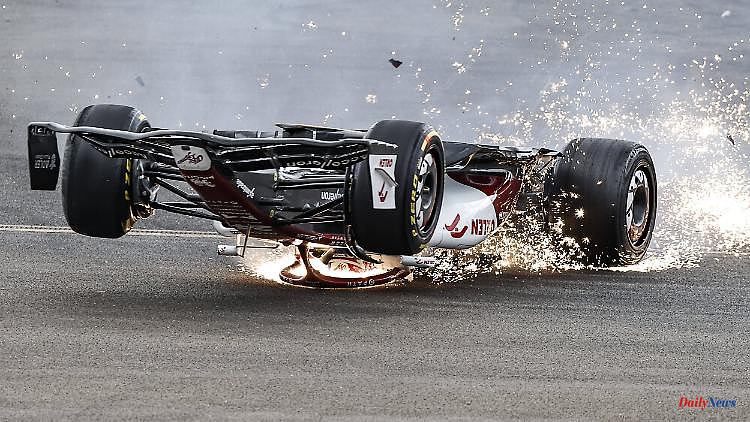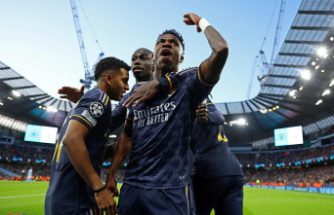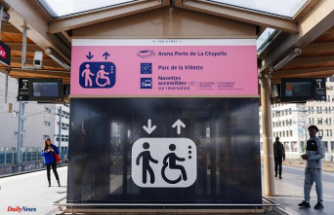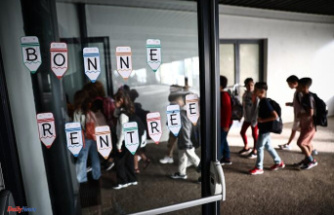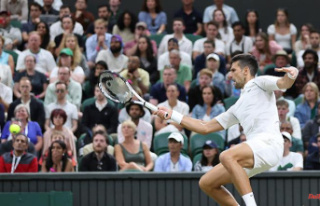With these pictures, it is unbelievable that Guanyu Zhou can report fit just a few hours after his serious accident at the Silverstone Grand Prix. The Formula 1 driver will be fighting for the points again next Sunday. The Alfa Romeo driver knows that this is mainly due to his lifesaver.
After his horror accident at Silverstone, Formula 1 driver Guanyu Zhou sees his lifesaver in the once controversial cockpit protection. "The Halo saved me," said the Chinese and said he was fit for the next race in Austria next Sunday. The images of the departure in his Alfa Romeo upside down in the safety fence caused horror and concern for the health of the 23-year-old at the British Grand Prix. "It was a serious accident and I'm glad I'm okay," Zhou said.
Once again, the "Halo" roll bar, which has been mandatory in Formula 1 since 2018, paid off. Protected by the seven-kilogram titanium ring over his head, Zhou survived the frightening slide over asphalt and gravel and the impact with the fence without major injuries. "Without Halo he wouldn't be there anymore. Of course he was very lucky," said world champion Max Verstappen after viewing the accident video.
Before the "Halo" was introduced, there had been heated debates among drivers, some of whom feared a restricted field of vision. "Today showed again that the halo really belongs in Formula 1," said Verstappen. Alfa Team Principal Frederic Vasseur stated: "The work to improve safety in our sport is never done. This day reminds us how important that is."
The cockpit protection was developed in response to several serious incidents. Brazilian Felipe Massa was severely injured in the head by a metal spring in Hungary in 2009. In 2009, 18-year-old Henry Surtees was fatally hit by a flying tire at Brands Hatch in Formula 2.
According to the world association FIA, the "Halo" has to withstand the weight of two African elephants (around twelve tons for two male animals) and a full suitcase, which is fired at 225 kilometers per hour. "Safety is our top priority," stressed FIA President Mohammed bin Sulayem at Silverstone. Williams driver Alexander Albon also survived a serious accident at the start without major injuries and was released from the hospital on Sunday evening.
The "halo" on Sunday had also prevented worse things from happening in the junior class of Formula 2. In a collision, the Norwegian Dennis Hauger's car landed in cockpit height on Roy Nissany's car. The Israeli remained unharmed thanks to the titanium bar. "The halo probably saved two lives today," said Ferrari driver Carlos Sainz after his Formula 1 victory at Silverstone and emphasized with a view to the increasingly comprehensive safety measures: "I'm very happy to be in Formula 1 at this time drive."

